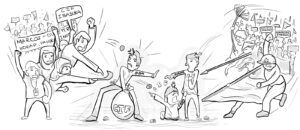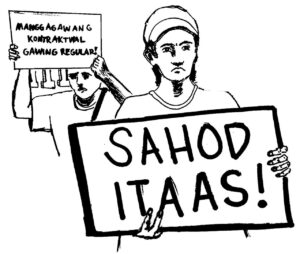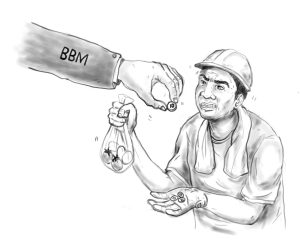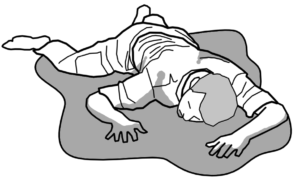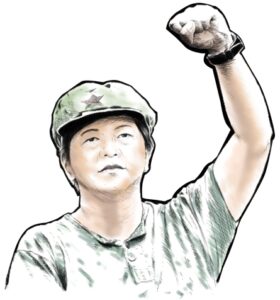Marcos-Arroyo-Duterte conflict sharpening


The long-simmering conflict between the Marcoses, Arroyos and Duterte has been exposed to the public by the successive attacks and counter-attacks between its personalities. This conflict further intensified amid the economic crisis and because sharing wealth, power and state priviledge can no longer satiate or satisfy everyone.
The conflict between Speaker Martin Romualdez and Vice President Sara Duterte is most apparent. Romualdez capitalized on the people’s widespread and firm condemnation of the confidential and intelligence funds and its removal from Duterte’s 2024 budget as vice-president and Department of Education secretary. A word war erupted between Romualdez followers and those of former president Rodrigo Duterte after the latter threatened to “kill” Rep. France Castro, ACT Partylist representative and house deputy minority leader, who spearheaded exposing and opposing the CIF.
This conflict prompted the mass resignation of Duterte’s partymates in the PDP-Laban—which from 120 members, now only has 15 in Congress. Among those who broke away is Rep. Aurelio Gonzales Jr who castigated Duterte for the attacks and threats against Congress.
On November 7, Gloria Macapagal-Arroyo, Romualdez rival and Duterte ally, was unceremoniously removed as Congress deputy speaker. At the same time, her fellow deputy speaker, Rep. Isidro Ungab, Davao City’s third district representative, was also removed. Both Arroyo and Ungab refused to sign a resolution that directed congressmen to “express” their “appreciation, solidarity and support” to Romualdez.
Military maneuver
On November 3, Gen. Romeo Brawner, chief of the AFP, exposed what he called “destabilization schemes,” through a coup, against Ferdinand Marcos Jr. He said it is being pushed by retired officers and being peddled to active servicemen.
Former Information and Communications Technology secretary Eliseo Rio, a former military officer and a founder of the TNTrio group, denied plotting a “destabilization.” He said, their campaign, together with the September Twenty-One Reform Movement, is to review the last presidential election to prove how massive electronic fraud seated Marcos Jr and Sara Duterte in power.
The National Security Council (NSC) denied that a destabilization plan is in motion and said that the reporters merely “misquoted” Brawner. The elder Duterte, on the other hand, feigned ignorance about the “rumors” after admitting that he had spoken to retired generals.
Arrest threat
On November 14, Sen. Leila de Lima was released on bail from her third and last case related to Duterte’s “war on drugs”. The senator was imprisoned for almost seven years on charges based on the testimonies of convicted criminals. Duterte deliberately harassed de Lima for initiating the investigation into Duterte’s involvement in killings by the “Davao Death Squad,” and for being the number one critic of the “war on drugs” in the Senate.
Upon her temporary release, de Lima promised to cooperate with the International Criminal Court (ICC) where Duterte was charged with crimes against humanity. The investigation against Duterte is set to proceed despite his efforts to derail it. The Marcos clique is also playing with the possibility of Congress discussing the grounds of his ICC case.

